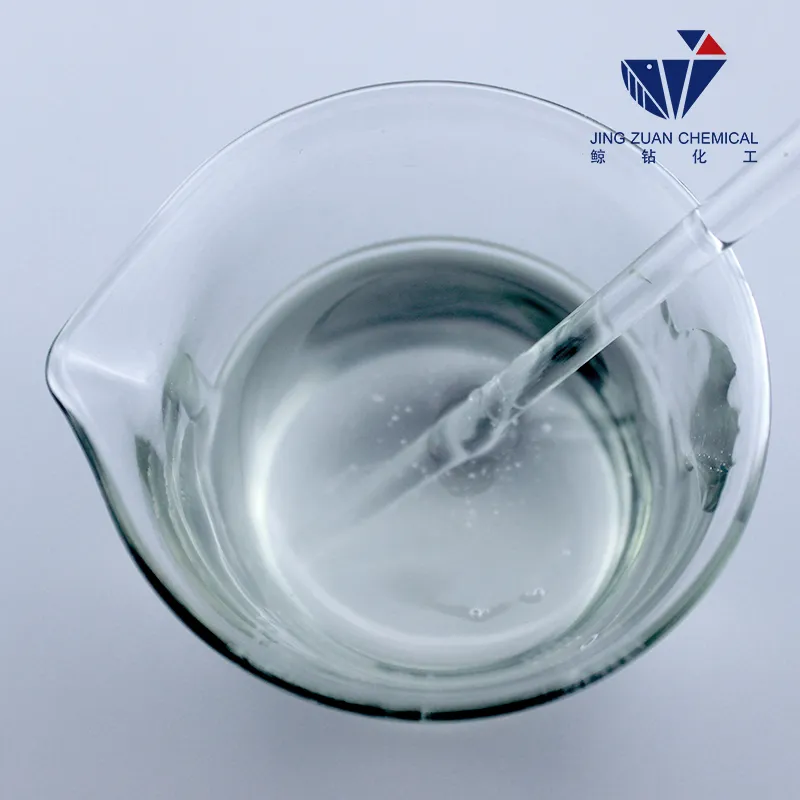
Nov . 13, 2024 03:10 Back to list
what is hydroxyethyl cellulose used for
Understanding Hydroxyethyl Cellulose Uses and Applications
Hydroxyethyl cellulose (HEC) is a non-ionic, water-soluble polymer derived from cellulose, a natural polymer found in the cell walls of plants. Its unique properties enable it to be utilized in a wide range of industries, making it a versatile ingredient in various formulations. This article explores the primary uses of hydroxyethyl cellulose, highlighting its significance across different fields.
One of the most notable applications of hydroxyethyl cellulose is in the cosmetic and personal care industry. HEC is valued for its thickening, binding, and emulsifying properties, making it a common ingredient in lotions, creams, shampoos, and conditioners. It enhances the texture of these products, providing a smooth and luxurious feel when applied to the skin or hair. Moreover, hydroxyethyl cellulose helps to stabilize emulsions, ensuring a uniform distribution of oil and water components, which is crucial for product performance and consumer satisfaction.
In the realm of pharmaceuticals, hydroxyethyl cellulose serves as a key excipient in various formulations. Its incredible ability to form gels and control viscosity makes it ideal for use in topical ointments and gels, where it can improve the spreadability and adhesion of the product to the skin. Additionally, HEC is used in sustained-release tablets and capsules, as it can slow down the release of active ingredients, thereby enhancing the efficacy and duration of the medication. Its biocompatibility and non-toxic nature make it particularly suitable for use in formulations intended for sensitive skin or mucous membranes.
Another significant area where HEC is employed is in the construction industry. Hydroxyethyl cellulose is commonly used as a thickening agent in cement-based products, including mortars, grout, and adhesives. Its ability to improve the workability of these materials ensures better adhesion and reduces the likelihood of cracking or crumbling. Furthermore, HEC acts as a water retention agent, which enhances the hydration of cement and promotes stronger bonding over time, leading to more durable construction results.
what is hydroxyethyl cellulose used for

In the food industry, hydroxyethyl cellulose is utilized as a stabilizer and thickening agent in various food products. It is often found in sauces, dressings, and ice creams where it helps to improve texture and mouthfeel while preventing ingredient separation. HEC is also considered a safe food additive, categorized as GRAS (generally recognized as safe), which allows food manufacturers to use it confidently without compromising food safety.
The versatility of hydroxyethyl cellulose extends to the research and laboratory sectors as well. It is used as a suspending agent in various laboratory applications, including cell cultures and biological assays. Its unique properties allow for the consistent dispersion of particles in solutions, which is critical for achieving reliable experimental results.
Finally, the environmental aspect of hydroxyethyl cellulose cannot be overlooked. As a biodegradable polymer, HEC offers a more environmentally friendly alternative to many synthetic polymers that persist in the environment. Its natural origin and degradable nature align with the growing demand for sustainability in product formulation across various industries.
In conclusion, hydroxyethyl cellulose is an essential ingredient with multifaceted applications across diverse fields, including cosmetics, pharmaceuticals, construction, food processing, and scientific research. Its remarkable properties, such as thickening, binding, and emulsifying, make it a valuable asset in improving product performance and user experience. As industries continue to innovate, the demand for versatile and effective substances like hydroxyethyl cellulose is expected to grow, underscoring its importance in various formulations and applications.
-
Versatile Hpmc Uses in Different Industries
NewsJun.19,2025
-
Redispersible Powder's Role in Enhancing Durability of Construction Products
NewsJun.19,2025
-
Hydroxyethyl Cellulose Applications Driving Green Industrial Processes
NewsJun.19,2025
-
Exploring Different Redispersible Polymer Powder
NewsJun.19,2025
-
Choosing the Right Mortar Bonding Agent
NewsJun.19,2025
-
Applications and Significance of China Hpmc in Modern Industries
NewsJun.19,2025







